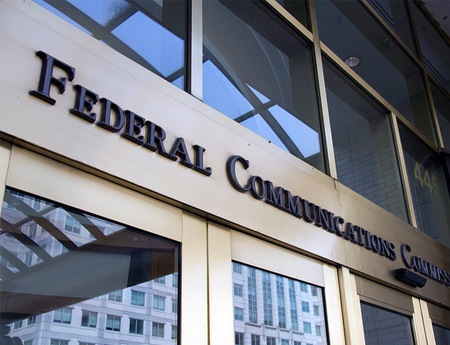FCC Launching Spectrum Auction, Take 2

The smarter way to stay on top of broadcasting and cable industry. Sign up below
You are now subscribed
Your newsletter sign-up was successful
Tuesday (Sept. 13) at 10 a.m., the FCC will take its second crack at coming up with reclaimed broadcast spectrum at a price wireless operators will be willing to pay in the forward auction. That is the start of the second stage of the reverse auction.
The FCC's first 126 MHz clearing target at a $86 billion-plus payout for broadcasters was too rich for those forward auction bidders, though the FCC always planned for the possibility—more like probability—of multiple rounds.
The second phase of the reverse auction will look to clear 114 MHz, the FCC's next highest clearing target. That means reclaiming two fewer UHF channels, which means the FCC will have more places to repack broadcasters, which means, as the FCC's incentive auction executive team said in a blog Monday (Sept. 12), "some stations that were provisionally winning after Stage 1 will become “unfrozen” in Stage 2 and will be presented decreasing price offers during the bidding rounds. This process will result in lowering the overall costs of clearing spectrum for wireless use."
The FCC wants to remind broadcasters to keep their eyes trained on that "unfreeze" point. "Bidders with stations that begin Stage 2 with the status of “Frozen – Pending Catch-Up” [stations frozen in the first stage, but only frozen in stage 2 until the point at which they froze in stage 1] must be on their toes, as this status can change from one round to the next and will change by the end of the new stage," they said. "Remember – if a station’s status changes to “Bidding,” and the bidder fails to submit a bid for that station, the system interprets this as a bid to drop out and could lead to the station exiting the auction.
Those who followed Stage 1 of the first auction will remember it is essentially a silent auction, with the FCC providing no real-time information on how the bidding is progressing or at what price point, as it did with the forward auction.
It will let the public know if it decides to change up the number of rounds per day to speed--or theoretically slow--the auction and will signal when the stage is complete--when either the FCC has all the stations it needs to clear 114 MHz, which can take no more than 52 rounds given that the FCC is starting at a fixed price (whatever a station's winning price was in phase 1) and reducing it by the greater of 1) 5% of the previous round's price or 2) 1% of the original price, in each round.
To check out the auction team blog, go here.
The smarter way to stay on top of broadcasting and cable industry. Sign up below
Contributing editor John Eggerton has been an editor and/or writer on media regulation, legislation and policy for over four decades, including covering the FCC, FTC, Congress, the major media trade associations, and the federal courts. In addition to Multichannel News and Broadcasting + Cable, his work has appeared in Radio World, TV Technology, TV Fax, This Week in Consumer Electronics, Variety and the Encyclopedia Britannica.

